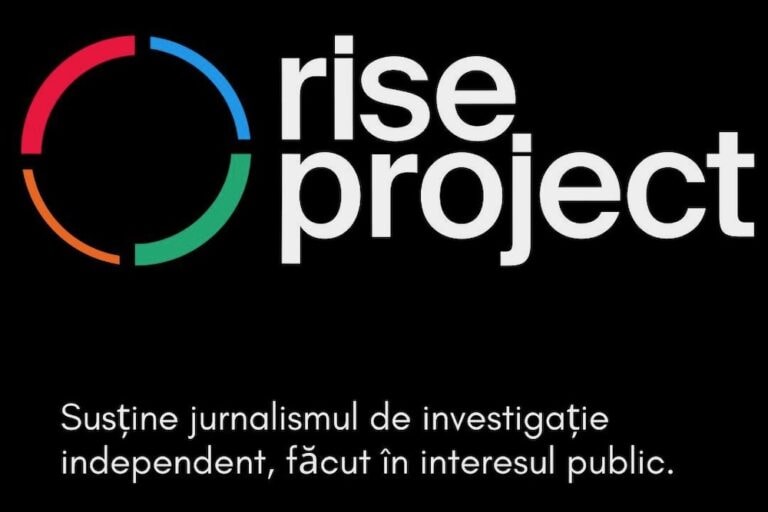(RSF/IFEX) – On 30 May 2002, RSF urged Romanian President Ion Iliescu and Prime Minister Adrian Nastase to end the authorities’ orchestrated attacks on national and foreign media. The authorities accuse media organisations of giving the country a bad image and waging a “news war” against Romania. “This fierce anti-media campaign is tarnishing Romania’s image […]
(RSF/IFEX) – On 30 May 2002, RSF urged Romanian President Ion Iliescu and Prime Minister Adrian Nastase to end the authorities’ orchestrated attacks on national and foreign media. The authorities accuse media organisations of giving the country a bad image and waging a “news war” against Romania.
“This fierce anti-media campaign is tarnishing Romania’s image much more than the news stories themselves,” said RSF Secretary-General Robert Ménard in letters to the two leaders. “The Defence Ministry’s wish to monitor the media’s behaviour can only strengthen observers’ doubts about the country’s ability to draw closer to Euro-Atlantic organisations. We remind you that respect for press freedom and basic rights is one of the conditions for membership in these bodies. We ask you to make every effort to ensure that journalists can freely exercise their right to inform the public,” Ménard said.
On 28 May, the daily newspaper “Jurnalul National” published a document bearing the letterhead of the Supreme Defence Council (CSAT), entitled “Plan to Counter Attacks Against Romania”. In the document, media were accused of “harming the country’s reputation” and paying “too much attention to corruption scandals, rackets concerning people-smuggling and international child adoptions.”
The excerpts quoted by the newspaper included the following passage: “The government must find hostile websites and networks and take action against them with effective technology.” The document also included a proposal to set up a nationwide system to combat harmful images of the country, which would involve the CSAT and all government ministries and agencies (including the intelligence services), as well as the establishment of a “national centre to monitor media behaviour”, run by the president’s national security adviser, Ioan Talpes, formerly head of Romania’s foreign intelligence service.
President Iliescu, who heads the CSAT, at first denied there was such a plan but later admitted that the authorities were preparing to discuss one. Information Minister Vasile Dincu said he had “helped draft the plan” but later withdrew his remark.
Threats and pressure against Romanian and foreign media by the authorities have increased in recent weeks. After the publication of an article in the 22 May edition of the French daily “Le Monde” by the newspaper’s Bucharest correspondent, Mirel Bran, entitled “Is Romania Ready to Join NATO?”, Government Secretary-General Serban Mihailescu threatened to prosecute Bran and charged in the press that the journalist was “in the pay of Romania’s enemies.”
The article, which mentioned Mihailescu’s nickname, “Mickey Baksheesh”, questioned whether the country could meet the criteria for North Atlantic Treaty Organisation (NATO) membership in view of the tradition of corruption and the continuing power of the former Securitate, the secret police from Communist days. It also mentioned threats against journalists by Defence Minister Ion Mircea Pascu. He warned newspapers that republished a 30 April article by the United States newspaper “The Wall Street Journal” that “life is too short to waste on tiresome discussions.” “The Wall Street Journal” had suggested that NATO officials distrusted the Romanian secret police.
On 15 May, Foreign Minister Mircea Geoana protested in writing to the French television station TV5 for broadcasting a programme on 6 and 7 April called “24 Hours in Bucharest”, in which homeless young people were seen living at the Bucharest railway station and children were shown rummaging through a waste bin in the southwestern town of Petrosani. The minister criticised what he termed the “dubious choice” of topics and deplored the fact that the programme “did not succeed in showing Romania’s cultural richness” and that its producer refused to interview Prime Minister Nastase.
A law curbing press freedom, presented by Defence Minister Pascu, was recently passed by the Chamber of Deputies and is due to be considered by the senate. The so-called “right of reply” law would require media organisations to publish a “reply” within three days of the publication of an article or report, or risk a fine of three to 100 million lei (approx. US$3,000; 3,200 euros).


